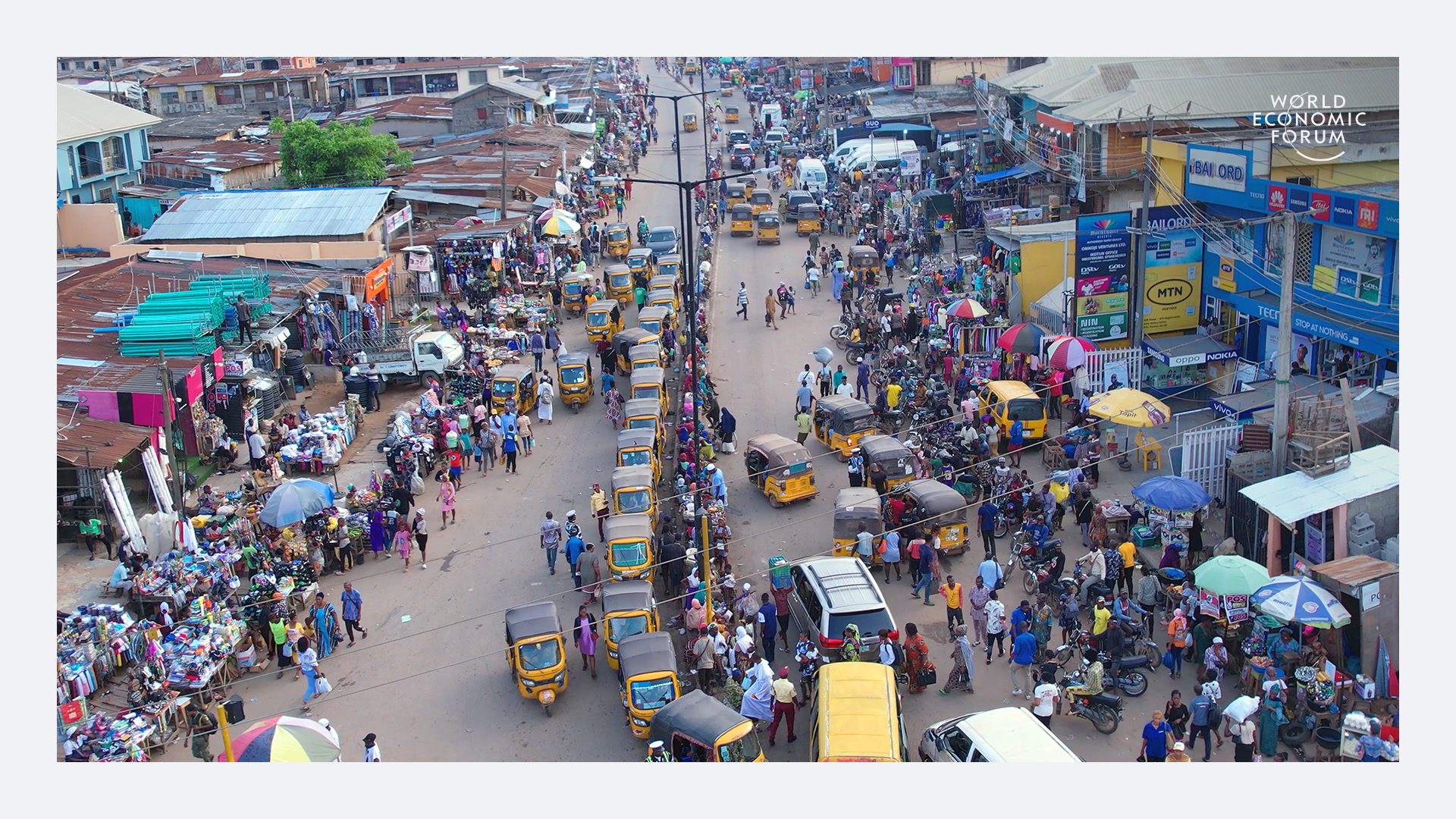How does consumption impact inequality?


Get involved with our crowdsourced digital platform to deliver impact at scale
Stay up to date:
Retail, Consumer Goods and Lifestyle
In conversations about economic inequality, the kind of inequality discussed is almost always that of income or wealth. But when it comes to economic wellbeing, wealth and income aren’t the only shows in town. Consumption is also important, especially considering consumption is the primary reason to earn income and acquire wealth. Unfortunately, trends in consumption inequality aren’t as well understood as trends in wealth and income. But what we do know is quite interesting.
Josh Zumbrun at The Wall Street Journal digs into data from the U.S. Bureau of Labor Statistics’s Consumption Expenditures Survey to look at how consumption differs up and down the income ladder. Some of what he finds probably isn’t shocking to most readers: the poor spend a higher share of their income on food than the middle class and especially the wealthy, and the rich spend more relatively on entertainment. But another interesting trend he shows is that rich households spend significantly more on retirement programs and insurance plans than the poor or the middle class. In this case, the rich appear to be consuming with the future in mind.
Building off Zumbrun’s post, The Atlantic’s Derek Thompson writes about the worry that overall trends in consumption inequality result in higher-income households spending more on their children and therefore harming social mobility. Parents who can spend more on enrichment activities for their kids, such as on books, tutors or summer camp, can give them a leg up. This dynamic is one of the channels through which income inequality might affect economic mobility.
Of course, this isn’t to say that these parents are wrong to buy these things for their kids. But in the absence of some sort of help for low- and medium-income parents to do the same such spending by the wealthy could put low- and medium-income children at a disadvantage.
Thompson sees consumption and income inequality moving together. But if consumption inequality hasn’t moved along with income inequality then the rich might just be stashing money away instead of spending it on their children. A glance at the official Consumption Expenditure Survey data reveals that consumption inequality hasn’t increased nearly as much as income inequality. In other words, it looks like the rich are saving at a higher rate compared to the rest across the income spectrum than in the past.
Yet there appear to be flaws in the CEX data. Research has shown that this data set underestimates the increase in consumption inequality over the past 30 or so years. In fact, the rise in consumption inequality seems to mirror the rise of income inequality. Given the problems with CEX data and the intertwined nature of consumption, income and wealth, a harmonized data set about these concepts seems like it would be useful. And in fact, researchers funded by an Equitable Growth grant in 2014 will be working to make a combined dataset that will help researchers understand the connection between the three concepts. More clarity on these issues would be very much appreciated.
This article is published in collaboration with Washington Center for Equitable Growth. Publication does not imply endorsement of views by the World Economic Forum.
To keep up with the Agenda subscribe to our weekly newsletter.
Author: Nick Bunker is a Policy Analyst with the Washington Center for Equitable Growth.
Image: An employee counts Indian rupee currency notes inside a private money exchange office in New Delhi July 5, 2013. REUTERS/Adnan Abidi.
Don't miss any update on this topic
Create a free account and access your personalized content collection with our latest publications and analyses.
License and Republishing
World Economic Forum articles may be republished in accordance with the Creative Commons Attribution-NonCommercial-NoDerivatives 4.0 International Public License, and in accordance with our Terms of Use.
The views expressed in this article are those of the author alone and not the World Economic Forum.
The Agenda Weekly
A weekly update of the most important issues driving the global agenda
You can unsubscribe at any time using the link in our emails. For more details, review our privacy policy.
More on Economic GrowthSee all
Joe Myers
April 26, 2024
Simon Freakley
April 26, 2024
Emma Charlton
April 24, 2024
Piyachart "Arm" Isarabhakdee
April 23, 2024
Pooja Chhabria and Kate Whiting
April 23, 2024






